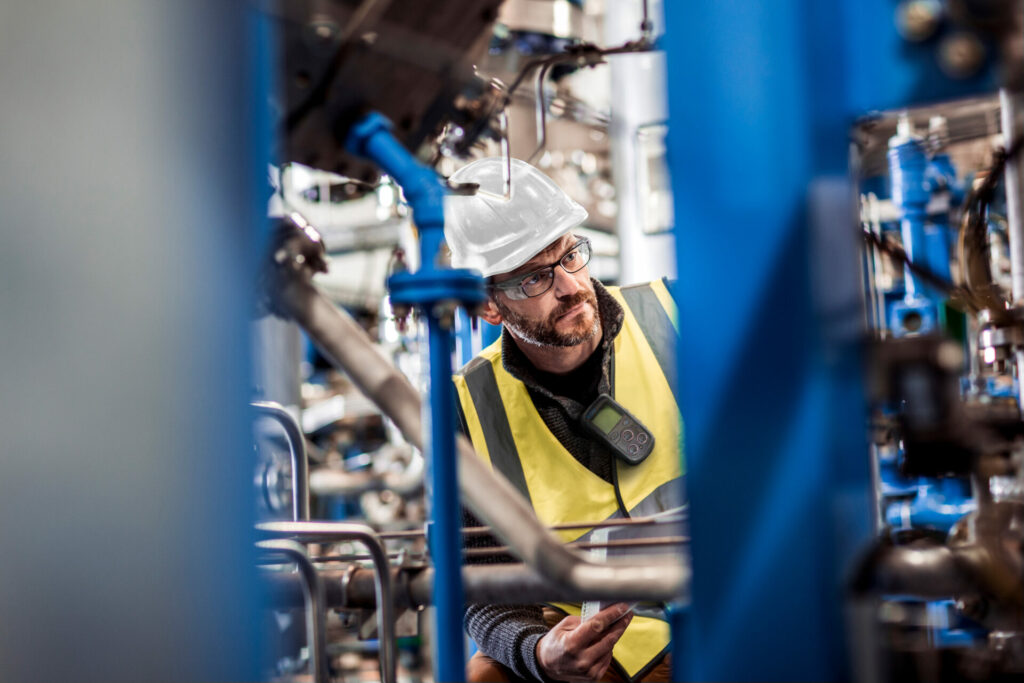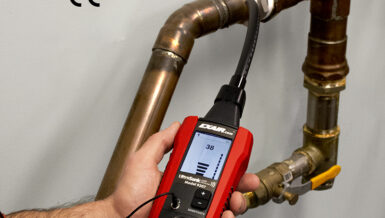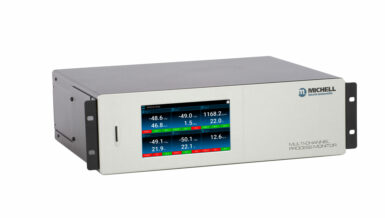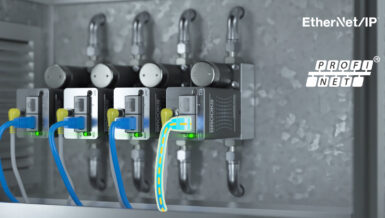Introduction
AdBlue, also known as Diesel Exhaust Fluid (DEF), has become a vital component in reducing harmful emissions from diesel engines. But its applications go beyond vehicles. In the processing industry, AdBlue plays a crucial role in promoting sustainability and reducing environmental impact.
What uses AdBlue?
AdBlue, primarily used in Selective Catalytic Reduction (SCR) systems, helps diesel engines meet stringent emission standards by converting harmful nitrogen oxides (NOx) into harmless nitrogen and water vapor. While commonly associated with vehicles, AdBlue is also making significant strides in the processing industry.
How is AdBlue made?
AdBlue is a clear, non-toxic fluid made from a precise mixture of urea and deionized water. This solution undergoes a stringent manufacturing process to ensure purity and quality. The chemical reaction that occurs when AdBlue is injected into the exhaust system helps break down NOx into harmless components, effectively reducing pollution.
Introduction to AdBlue in Processing
AdBlue is a game-changer in processing plants. It treats exhaust gases from diesel generators, boilers, and other industrial machinery. By introducing AdBlue into the exhaust stream, processing facilities can drastically reduce NOx emissions, aligning with environmental regulations and sustainability goals.
How is AdBlue being used in the process industry?
Processing facilities across various sectors, such as manufacturing, energy production, and food processing, are integrating AdBlue into their operations. For instance, in power plants, AdBlue is injected into exhaust gases to reduce NOx emissions from turbines and boilers. Similarly, manufacturing plants use AdBlue in their diesel engines to achieve compliance with emission standards.

AdBlue Solutions for the Industry
Several AdBlue solutions are available for the processing industry, each designed to meet specific needs:
- AdBlue in Bulk: For large-scale operations, bulk AdBlue deliveries ensure a steady supply for continuous use.
- Portable AdBlue Containers: Ideal for smaller facilities or remote sites, portable containers offer flexibility and convenience.
- AdBlue Dispensing Equipment: Advanced dispensing systems make it easy to integrate AdBlue into existing processes, ensuring precise dosing and efficiency.
Industries and Machinery Using AdBlue
AdBlue solutions are finding widespread adoption across various industries, where diesel engines are prevalent. In manufacturing plants, AdBlue is integrated into diesel generators to reduce NOx emissions during power generation. Energy production facilities, such as power plants and renewable energy sites, utilize AdBlue in their turbines and boilers to meet emission standards. Additionally, food processing industries employ AdBlue in their machinery to ensure cleaner operations while maintaining compliance with environmental regulations. These diverse applications demonstrate AdBlue’s versatility and effectiveness in reducing harmful emissions across various industrial machinery.
Integrating AdBlue Solutions into Your Process
To integrate AdBlue solutions into your processing facility, follow these steps:
- Assess Emission Requirements: Determine the NOx emission levels and regulatory standards applicable to your facility.
- Choose the Right AdBlue Solution: Based on your needs and volume requirements, select the appropriate AdBlue delivery method, such as bulk delivery or portable containers.
- Install Dispensing Equipment: Invest in AdBlue dispensing equipment compatible with your machinery. This may include pumps, hoses, and storage tanks.
- Train Personnel: Provide training to staff members responsible for handling and refilling AdBlue. Proper handling ensures optimal performance and safety.
- Monitor and Maintain: Regularly monitor AdBlue levels and equipment to ensure uninterrupted operation. Schedule maintenance checks to keep the system running smoothly.
Benefits of AdBlue in Processing
AdBlue’s adoption in the processing industry brings numerous benefits. Apart from meeting emissions regulations, processing plants benefit from improved efficiency and reduced maintenance costs. By optimizing combustion processes, AdBlue helps engines run cleaner and more efficiently, extending their lifespan.
Conclusion: AdBlue’s Role in Sustainable Processing
In conclusion, AdBlue is not just a solution for vehicles; it’s a catalyst for sustainability in the processing industry. Its ability to reduce harmful emissions while improving operational efficiency makes it a valuable asset for any processing facility. As industries strive for greener practices and compliance with environmental regulations, AdBlue stands out as a key player in the journey toward sustainable processing.































